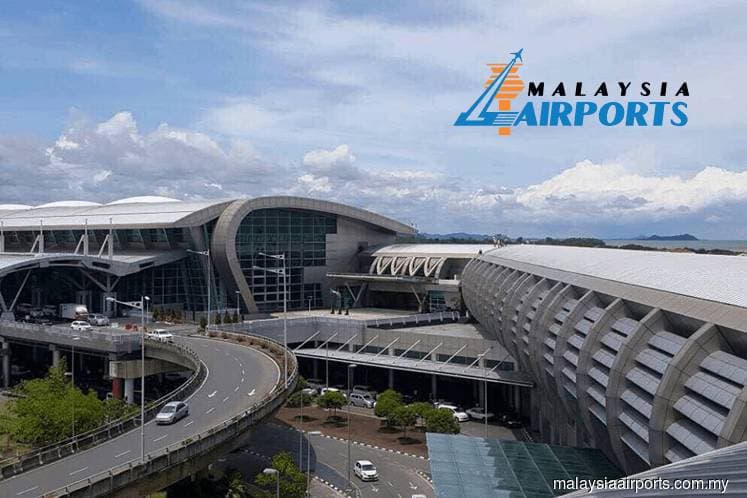
This article first appeared in The Edge Financial Daily on March 20, 2018
KUALA LUMPUR: Moody’s Investors Service said the Malaysian Aviation Commission’s (Mavcom) final decision on new tariff setting rules will be a key driver of Malaysia Airports Holdings Bhd’s (MAHB) credit profile over two to three years.
“According to a consultation paper published in February 2018, Mavcom outlined a number of options being considered for the new charge setting mechanism.
“We believe Mavcom’s decision over key inputs, such as the regulated asset base and the allowed return on capital invested, will ultimately determine the new rules’ impact on MAHB’s revenue and cash flow,” said Spencer Ng, Moody’s Investors Service Singapore Pte Ltd vice president-senior analyst, Project & Infrastructure Finance, in a note yesterday.
Mavcom announced plans in August last year for a cost-based mechanism for setting aeronautical charges for commercial airports, said Ng.
He added that other regulatory parameters being considered, such as adopting a revenue or tariff cap, and using a single- or dual-till revenue setting approach, could impact the airport’s passenger volume and profitability in future.
“Given the range of parameters being considered, the credit impact from the new rules will remain unclear until more information is announced by the regulator,” said Ng. Mavcom expects to publish its final framework in the second half of 2018, followed by a shadow testing in 2019 and full implementation in 2020.
At this juncture, Moody’s view of MAHB’s credit profile has not taken into account any potential negative impacts from the new rules, said Ng.
Moody’s has maintained an A3 rating on MAHB with a stable outlook and said the airport’s “solid operating results” for 2017 provide an additional flexibility to manage the uncertainty surrounding Mavcom’s new regulatory framework.
Under its current operating agreement, MAHB is allowed to earn an agreed fixed benchmark return that is reset every five years.
If Mavcom’s new rules result in MAHB’s aeronautical revenue being lower than the fixed benchmark return, the transport ministry (MoT) will compensate the airport for the shortfall through the Marginal Cost Support Sum mechanism, as long as the current agreement is in place.
The current 25-year agreement expires in 2034. In February last year, the MoT announced a 35-year extension but key terms and conditions are being finalised to be submitted to the cabinet for approval.
“We believe key provisions under the current agreement, such as the aforementioned benchmark return regime and the government’s responsibility to fund expansion capital expenditure, could be relaxed as part of the discussion.
“Given the uncertainty over the new rules’ potential impact, coupled with the ongoing negotiation over the operating agreement, we believe it is important for the airport to maintain a buffer in its financial metrics to manage against any unexpected impact when the new framework or new operating agreement or both are introduced,” Ng added.